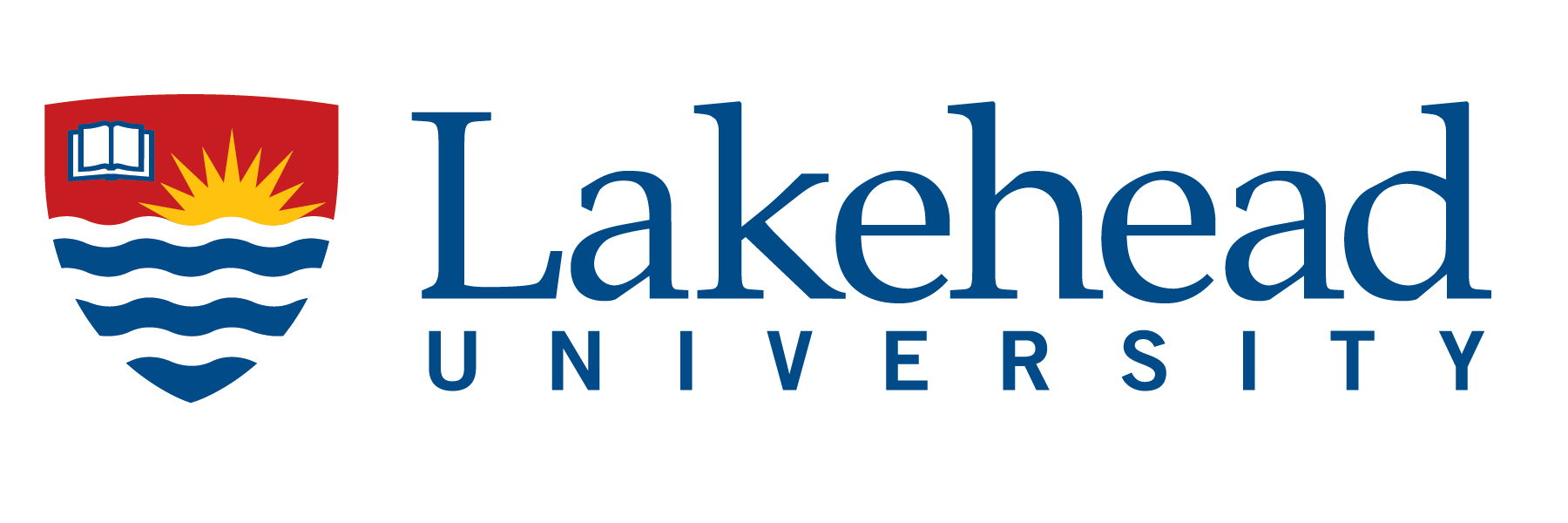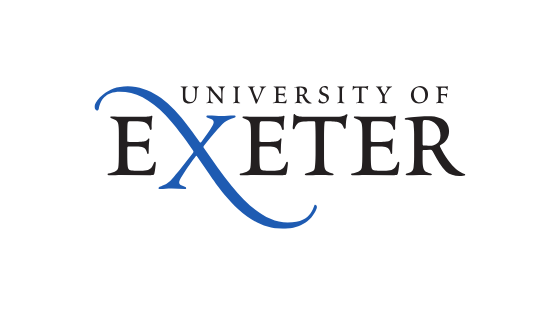Archaeological Science: Uncovering the Past Through Modern Methods
Welcome to the world of Archaeological Science, a fascinating interdisciplinary field that blends archaeology with cutting-edge scientific techniques. If you're an Indian student passionate about history, culture, and science, studying Archaeological Science abroad can open doors to groundbreaking research and global career opportunities. This course equips you with the skills to analyze ancient artifacts, reconstruct historical environments, and contribute to preserving humanity's heritage. Whether you're drawn to the mysteries of ancient civilizations or the thrill of scientific discovery, this program is your gateway to a rewarding academic and professional journey.
What is Archaeological Science?
Archaeological Science, also known as archaeometry, applies scientific principles to archaeological questions. It goes beyond traditional excavation to use tools from chemistry, biology, physics, and geology to study the past. Imagine dating ancient pottery using radiocarbon methods or analyzing DNA from skeletal remains to trace human migrations—these are just a few ways this field brings history to life.
For Indian students, this course holds special relevance. India's rich archaeological heritage, from the Indus Valley Civilization to ancient temples, provides a strong foundation. Studying abroad allows you to compare global sites, like Egypt's pyramids or Europe's Stonehenge, with Indian wonders such as the Ajanta Caves, enhancing your understanding of world history.
Why Study Archaeological Science Abroad?
Pursuing Archaeological Science internationally offers unparalleled advantages, especially for students from India:
- Access to World-Class Resources: Top universities abroad boast state-of-the-art labs, field sites, and collaborations with global institutions like the British Museum or UNESCO.
- Global Perspective: Learn from diverse faculty and peers, gaining insights into international archaeological practices that complement India's ancient legacy.
- Scholarships and Funding: Many programs offer scholarships for international students, including those from India, through bodies like the Commonwealth Scholarship or university-specific grants.
- Career Boost: Degrees from abroad are highly valued in India's growing heritage sector and international organizations.
- Hands-On Experience: Participate in excavations in Europe, the Middle East, or Australia, building a portfolio that stands out in competitive job markets.
With the rise of digital archaeology and climate change impacting historical sites, experts in this field are in demand worldwide. For Indian graduates, returning home with international expertise can lead to roles in the Archaeological Survey of India (ASI) or cultural diplomacy.
Key Topics and Modules in Archaeological Science
A typical Bachelor's or Master's in Archaeological Science spans 3-4 years and covers a mix of theoretical and practical modules. Programs are designed to build skills progressively, from foundational concepts to advanced research. Here's a breakdown of common topics:
| Module Category | Key Topics | Skills Gained |
|---|---|---|
| Foundations | Introduction to Archaeology; History of Science in Archaeology; Basic Field Methods | Excavation techniques; Site survey; Ethical considerations in heritage preservation |
| Scientific Methods | Dating Techniques (Radiocarbon, Dendrochronology); Material Analysis (Ceramics, Metals); Isotope Studies | Laboratory analysis; Data interpretation; Statistical modeling |
| Interdisciplinary Applications | Bioarchaeology (Human Remains); Geoarchaeology (Soils and Sediments); Digital Archaeology (GIS, 3D Modeling) | Bioinformatics; Remote sensing; Computational tools for artifact reconstruction |
| Advanced Research | Environmental Archaeology; Cultural Resource Management; Thesis on Global Case Studies | Research design; Grant writing; Presentation of findings at conferences |
These modules often include fieldwork, where you'll join digs or lab projects. For instance, in the UK, students might explore Roman ruins, while in the US, focus on Native American sites. Indian students can apply these skills to projects on the Harappan civilization, bridging Eastern and Western archaeology.
Top Universities Offering Archaeological Science Abroad
Choosing the right university is crucial. Here are some renowned institutions popular among Indian students, known for their strong programs, supportive international communities, and proximity to archaeological hotspots:
- University of Oxford, UK: Offers a prestigious BA in Archaeology and Anthropology with a scientific focus. Known for its Ashmolean Museum labs. Entry: A-levels equivalent to 85% in Class 12; IELTS 7.0. Tuition: £28,000/year for internationals; scholarships available via Rhodes or Clarendon Fund.
- University College London (UCL), UK: MSc in Archaeological Science emphasizes analytical methods. Ideal for postgraduates. Entry: Bachelor's in related field (60%+); GRE optional. Fees: £25,000/year; Indian students can apply for UCL Global Masters Scholarship.
- Harvard University, USA: BA in Archaeology with science tracks through the Peabody Museum. Offers fieldwork in the Americas. Entry: SAT/ACT scores; 90%+ in Class 12. Costs: $50,000/year, but need-based aid covers many internationals.
- University of Sydney, Australia: Bachelor of Archaeology with science electives. Access to Indigenous sites. Entry: ATAR equivalent to 80% in Class 12; IELTS 6.5. Fees: AUD 45,000/year; Destination Australia scholarships for Indians.
- Leiden University, Netherlands: MA in Archaeology (Archaeological Science track). Affordable and research-oriented. Entry: Relevant Bachelor's (65%+); TOEFL 90. Tuition: €15,000/year; Holland Scholarship up to €5,000 for non-EU students.
These universities have vibrant Indian student associations, easing cultural transitions. Visa processes for Indian students are straightforward, with post-study work options like the UK's Graduate Route (2 years) or Australia's Temporary Graduate Visa.
Entry Requirements for Indian Students
Admission to Archaeological Science programs varies by level and country, but here's a general guide:
- Undergraduate: Class 12 with 75-90% in subjects like History, Science, or Humanities. English proficiency: IELTS 6.5-7.0 or TOEFL 80-100. Personal statement highlighting interest in archaeology; some require interviews.
- Postgraduate: Bachelor's degree in Archaeology, Anthropology, or Sciences (55-70% aggregate). Relevant experience like internships with ASI is a plus. GRE for US programs; research proposal for theses.
- Documents Needed: Transcripts, LORs (2-3), SOP, passport, and proof of funds. Deadlines: Typically December-January for fall intake.
- Visa Tips: For UK/Tier 4, show £1,265/month funds; US F-1 requires I-20 form. Consult education agents in India for guidance.
Many universities offer foundation years for students needing to bridge academic gaps, making it accessible for fresh high school graduates.
Career Prospects After Studying Archaeological Science
A degree in Archaeological Science leads to diverse, impactful careers. The global heritage industry is booming, with jobs in museums, governments, and NGOs. For Indian students, this field aligns with national initiatives like "Make in India" for cultural tourism.
Popular Career Paths:
- Archaeologist/Field Researcher: Lead excavations; salary £30,000-£50,000 in UK, ₹8-15 lakhs in India.
- Conservation Scientist: Preserve artifacts using scientific methods; roles at Getty Conservation Institute or ASI.
- Museum Curator: Manage collections; opportunities at the National Museum in Delhi or Louvre.
- Academic/Professor: Teach and research; PhD pathways available abroad.
- Heritage Consultant: Advise on cultural impact assessments for projects; growing in India's infrastructure boom.
- Digital Specialist: Use AI and VR for virtual reconstructions; high demand in tech-savvy firms.
Employability is strong—90% of graduates find roles within 6 months, per UK data. Networking through alumni events and internships enhances prospects. Returning to India, you could contribute to projects like the Ram Janmabhoomi excavations or international collaborations with IITs on archaeotech.
Challenges and Tips for Indian Students
Studying abroad isn't without hurdles, but preparation makes it manageable:
- Cultural Adjustment: Join Indian societies for festivals like Diwali; universities offer counseling.
- Financial Planning: Budget for living costs (£10,000-£15,000/year in UK). Part-time jobs in labs or tutoring are allowed (20 hours/week).
- Academic Rigor: Focus on lab reports and essays; use resources like university writing centers.
- Health and Safety: Get comprehensive insurance; COVID protocols are minimal now, but check updates.
Success stories abound: Indian alumni like Dr. Nayanjot Lahiri, who studied abroad, now lead global research. Your journey in Archaeological Science can similarly uncover not just the past, but your future.
Ready to embark? Explore applications today and turn your passion for the ancient world into a scientific adventure abroad.



